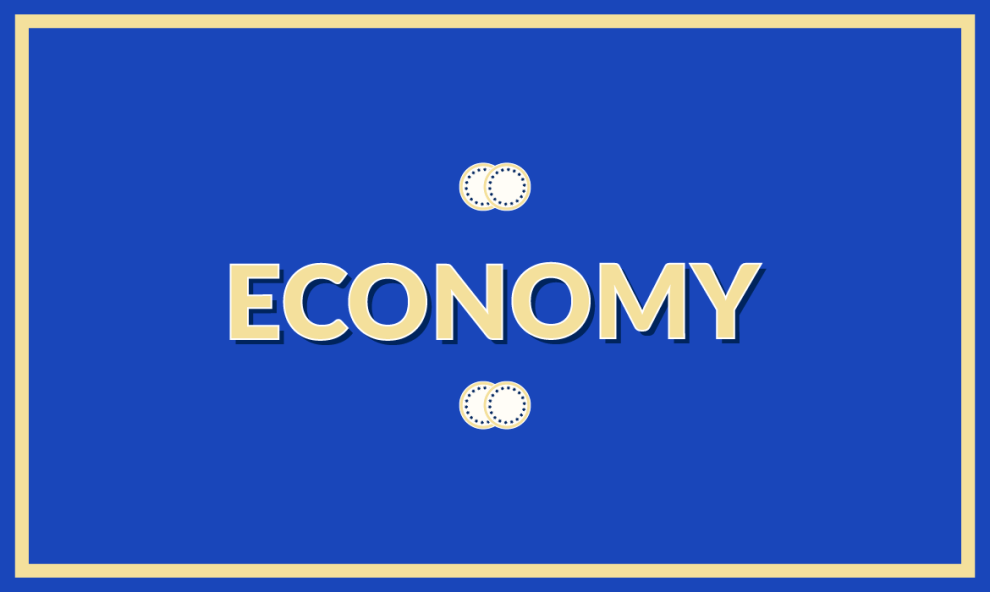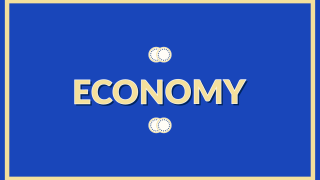Nobody can ignore the social inequality that Mexico suffers nor scorn the human cost that it represents or the huge missed opportunity that its sheer existence entails. Inequality goes hand in hand with poverty but it is not the same: they coexist and are the result of structural and historical circumstances. Although it is impossible to change history, the experience around the world is that there are means to combat poverty and to mitigate, if not quite eliminate, the causes of inequality. In fact in recent decades, poverty has diminished by more than 80% around the world. Although something similar has also taken place in Mexico, it is quite obvious that its absolute dimensions are still enormous.
From an analytical standpoint, there are two ways of conceptualizing the problem of poverty and inequality: one is blaming the problem on history and the other is building mechanisms that can in fact reduce it. Both approaches were clearly exemplified in the 2006 elections. In that race it was clear that the country has a contradictory perception of the way in which these ailments have to be addressed. Some take a moral perspective and seek to solve their qualms with historical complaints (along the way attacking the foundations and wisdom of the economic policy that has been pursued in recent years), while others seek ways to correct problems, reduce social costs and attack the more severe manifestations of poverty and inequality.
What is clear of the last several years is that poverty can be reduced, but the obstacles are formidable, not because government policies have been unsuccessful but because the number of obstacles to their implementation are enormous. While it is possible to imagine different ways to tackle social ailments like poverty and inequality, there are proven mechanisms that allow us to discern between quackery (such as increasing public spending or imposing trade restrictions) and appropriate policies to address the problem (including macroeconomic stability and a targeted social policy).
Education is by far the most important mechanism to combat inequality. The experience in this area is overwhelming and quite obvious: children from poorer and disadvantaged families lag behind and have no access to good teachers, the educational programs are not the right ones and what is often called “education” is not much more than a veiled mechanism aimed at controlling people and preserving a system of subordination. All we need to do is compare the overwhelming differences between rural and urban, and public and private, education to recognize a source of abysmal inequality. Many countries face serious problems of inequality; the difference between those that are developed or actually moving in that direction and those that are still relatively poor and backward is that the former have created educational mechanisms so that any child, regardless of social or economic background, has the same chance of making it in life.
The issue is not just Mexican. In his recent book, “The bottom billion,” Paul Collier analyzes what has happened in the world lately. A professor of economics at Oxford, Collier studies the evolution of poverty and inequality in and concludes that a group of countries that endorsed globalization achieved dramatic reductions in poverty. These countries implemented mechanisms aimed at increasing access to education, extending the reach of the most modern infrastructure and procuring equalization of opportunities, an improvement that benefited more than 80% of the world population. The question Collier asks is why the remaining billion people have not improved in any way. His focus is on sub-Saharan African nations, but his analysis can be extrapolated to other nations suffering from similar problems.
According to Collier, the central problem in nations where poverty persists is the political struggle between reformers and corrupt leaders and bosses: where the latter win poverty increases. His analysis shows that the causes of failure in these nations becomes evident in the form of development traps, myths built to protect vested interests and, often, a strong dependence on natural resources. A bit like Lopez Velarde (a Mexican poet of the 19th century), Collier argues that natural resources tend to distort a nation’s economy and facilitate the longevity of bad governments. A bad government may consist of just that (corrupt officials), but sometimes it has to do with all the factors involved in preserving the status quo that hinders a direct attack at the root causes of poverty.
XXXX
Despite his orthodox economic approach, Collier’s book has the great courage of defying both Tyrian and Trojan. For the economically unorthodox he argues that their solutions (stop paying the debt, engage in high public-spending programs, or link inflation with growth) are counterproductive and potentially catastrophic. Any Mexican who was aware at least of the 1995 crisis could not doubt the veracity of this assertion. But Collier also chastises the orthodox: for him, trade, despite its huge overall benefits, is unlikely to benefit the poorest, whose commercial skills are limited. That does not mean, he goes on, that trade should be constrained; rather, his point is that there is a need to seek other means to attack poverty.
Education is particularly prominent among the proposals that Collier advances. An effective government must be able to break the hindrances –social, cultural and political- to ensure that the poor have the same opportunities as the rest of society. The author also proposes a much more aggressive intervention for the poorest nations, including the imposition of European Union sanctions (including direct intervention) to guaranty that measures are implemented against corruption and respect for property rights
One conclusion that is inescapable from this book is that there are no easy ways out for poverty and inequality, but that success in combating these evils is not impossible because the strategies for achieving this are known and available to anyone truly willing to seek them out. Poverty exists because of political interests that benefit from the status quo. The devil’s holy scriptures of Lopez Velarde end up meeting with Lampedusa (who argued that everything much change so that everything remains the same) to create a corrupt system designed so that nothing changes.
Inequality






Comments